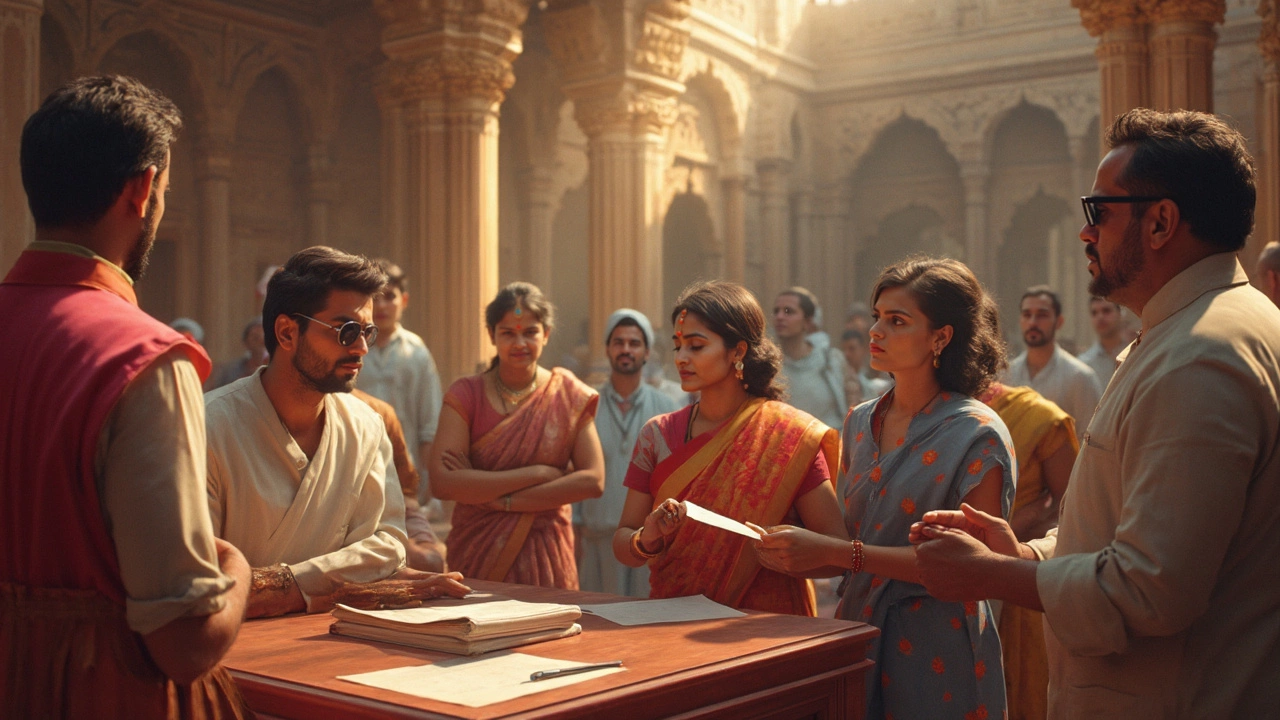Court Cases Made Simple: What They Are and How to Handle Them
Ever wondered what actually happens when a dispute ends up in court? You’re not alone. Most people think of court as a scary place with long speeches and endless paperwork, but the reality is much more straightforward. A court case is simply a formal way for two sides to let a judge (or jury) decide who’s right. Whether it’s a traffic ticket, a divorce, or a big business lawsuit, the steps are similar: filing, hearing, evidence, and a decision.
Common Types of Court Cases
In India you’ll mostly run into three categories: civil, criminal and family cases. Civil cases cover things like unpaid loans, property disputes, or consumer complaints. The goal is usually money or a specific action, not punishment. Criminal cases involve offenses defined in the Indian Penal Code – theft, assault, fraud, etc. Here the state prosecutes the accused and the outcome can be a fine, jail time, or acquittal. Family cases deal with marriage, divorce, child custody, and alimony. They often require a softer approach because emotions run high and the decisions affect daily life.
Step‑by‑Step Guide to a Typical Court Case
1. File a petition or complaint. The aggrieved party submits a written statement to the appropriate court. For civil matters you’ll need a suit draft; for criminal matters you file an FIR or police report.
2. Serve the opponent. The other side gets a copy of the petition and a deadline to respond. Ignoring it can lead to a default judgment.
3. Pre‑trial procedures. Both sides exchange evidence, file written arguments, and may attend mediation or settlement talks. In many civil cases the judge pushes for a settlement before the full trial.
4. The hearing or trial. This is the courtroom day where witnesses speak, documents are shown, and lawyers argue. In criminal trials the prosecution must prove guilt beyond reasonable doubt.
5. Judgment. The judge writes a decision. If you’re not happy, you can appeal to a higher court within a set time frame (usually 30 days for civil, 90 days for criminal).
6. Enforcement. Winning a judgment means you have to collect it. For money judgments, courts can attach bank accounts or order salary deductions. For criminal cases, the police enforce any penalties.
Knowing these steps helps you stay organized and avoid surprises. Most delays happen because one side forgets a filing deadline or fails to produce proper evidence.
If you’re stuck at any point, getting the right lawyer makes a huge difference. Our directory at India Legal Guide lets you search by case type, city, and experience level. You can read reviews, check bar council standing, and contact them directly.
Remember, court cases don’t have to be a mystery. By understanding the type of case you have, the basic timeline, and the key documents you’ll need, you can move forward with confidence. Whether you’re dealing with a consumer dispute, a divorce, or a criminal charge, the right info and the right advocate are your best tools.
Ready to start? Browse our lawyer listings, pick a specialist in "court cases," and get a free consultation. The sooner you act, the smoother the process will be.
Unpacking the Top 4 Types of Civil Law Cases
Civil law plays a crucial role in resolving disputes that arise between individuals or organizations. This article explores the four most common types of civil law cases, including contract disputes, property disputes, family law cases, and tort claims. Understanding these areas can help individuals better navigate potential legal challenges they might face in everyday life. Readers will also discover some interesting facts and practical tips associated with each type of civil law case.
